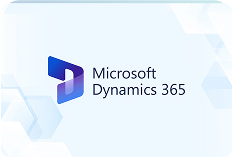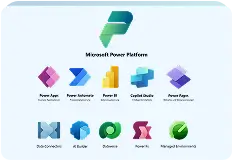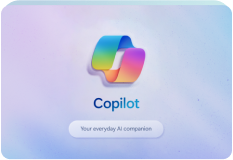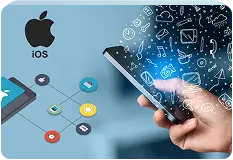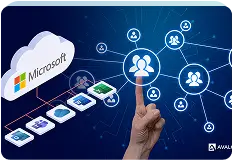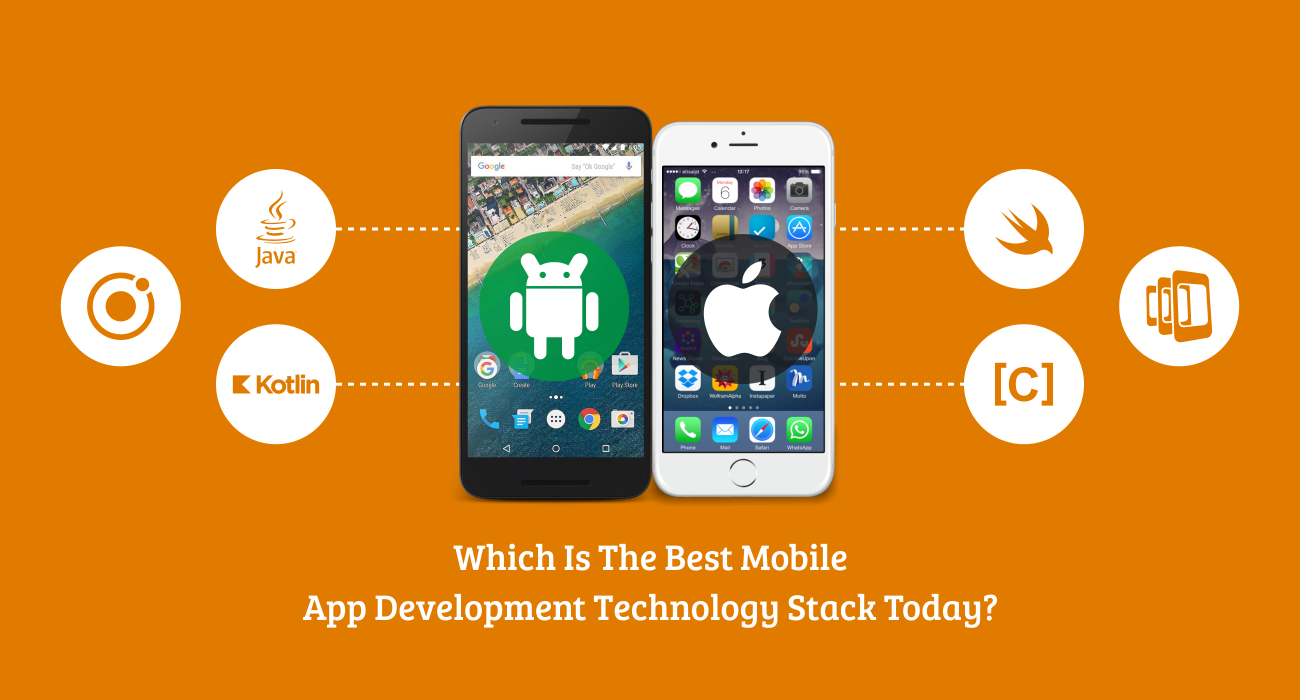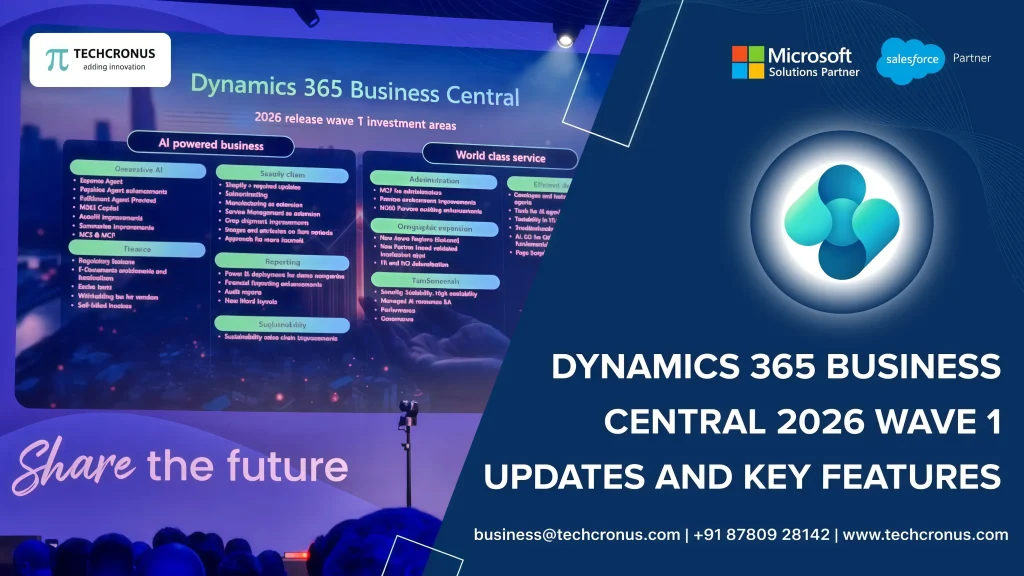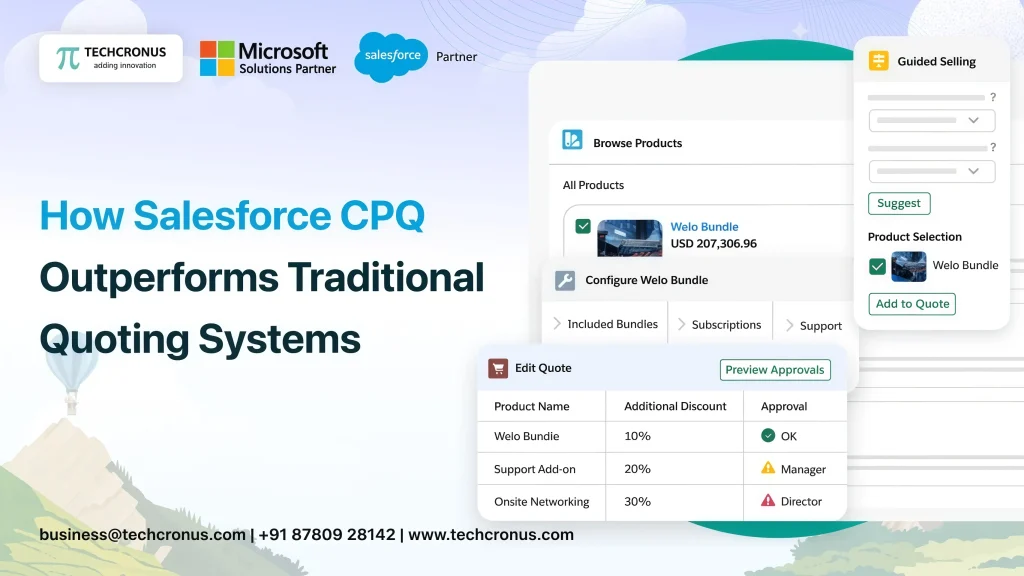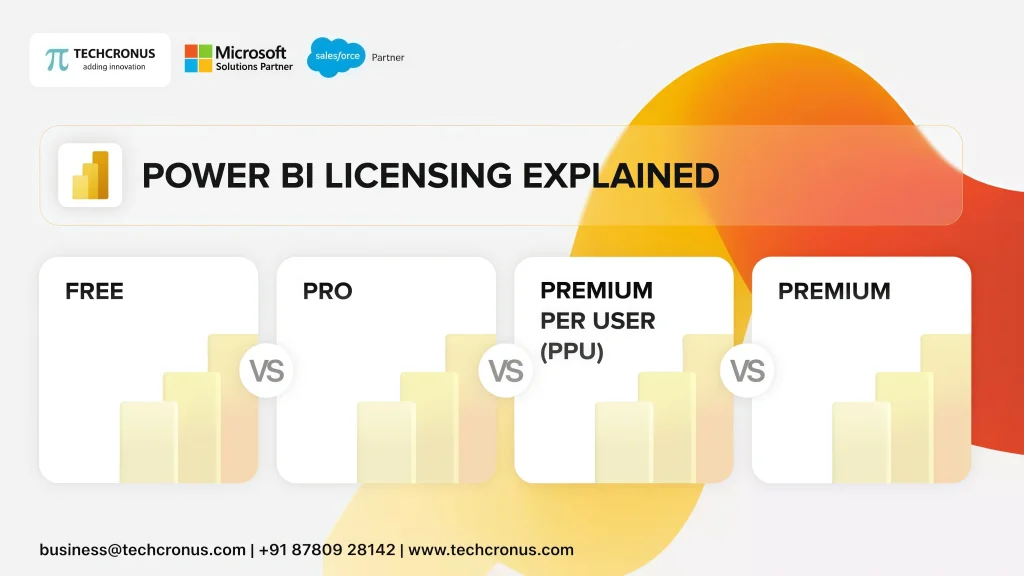Table of Contents
Importance of choosing best app development technologies
Every business has its own reason to go for a mobile app development, it could just be a great idea for a startup or you want to increase your product sale via mobile commerce app. Apart from defining the right set of features and functionalities of your mobile app, it is very much important to choose best mobile app development technologies to ensure that your mobile app project is successful.
Choosing a right mobile app development technology stack not only helps in making the project more scalable, feasible and cost-effective, but it also influences the process of app development as well as creates an impact on the future app updates and releases.
What Does Development Technology Stack Mean?
For the business users, a technology stack means a set of programming languages, interface designing tools, database and testing frameworks.
Technically speaking, majority of the app development project involves the front-end application development as well as the back-end application development. Other important aspects of a mobile app like app security, performance, user experience and robustness are heavily dependent on the technology stack you use.
The programming language which a mobile app developer chooses, can bring a huge difference between dreadful frustration and great success. Today there are plenty of mobile app programming options available. Let’s check out some of the most commonly used options below.
For sake of simplicity, the technology stack is divided in terms of Native Apps and Hybrid Apps.
Native Apps Development
We all know that the native app is always a first choice when it comes to developing enterprise mobile apps. The reason behind it is that the native apps offer a great device compatibility, unmatched user experience, faster performance and high security compared to hybrid apps. Now let’s look at the native app development technology stack.
Now let’s look at the native app development technology stack.
1. iOS App Development Tech Stack
The major programming languages for building iOS apps are Swift and Objective C. The tool sets used for development are Jet Brains AppCode and Apple’s Xcode.
Let’s take a deeper look into these programming languages and tools of iOS.
1. Swift
Today, Swift has become the most popular iOS native app programming language for iOS app developers. It is a general-purpose, multi-paradigm, compiled programming language developed by Apple Inc. for iOS, macOS, watchOS, tvOS, and Linux OS.
iOS apps developed using Swift language not only simplifies the development process but also are easy to maintain. It offers enhanced code reusability, security, readability, and known for its best-in-class performance.
2. Objective-C
Objective-C is a general-purpose, object-oriented programming language which supersets C language. It was one of the most common iOS app development languages before the arrival of Swift. However, as Swift has taken the driving seat, the usage of Objective C has been constantly declining. However, many large enterprise mobile apps are still running on Objective C language as it is a complex time taking process to move to Swift.
3. Toolset – Xcode and AppCode
There are mainly two tool sets used for iOS apps development which are Xcode and AppCode.
Xcode is said to be the official IDE of the Apple Inc. It is a UI development tool that helps to create native and gaming apps as well publishing it to the Apple Store. It supports development of mac OS, iOS, watch OS, and tv OS apps.
AppCode is an integrated development environment for Swift, Objective-C, C, C++, and JavaScript development built on Jet Brains’ IntelliJ IDEA platform. It is an alternative of Xcode which has started to gain the popularity. It offers faster coding and supports various languages including C, C, C++, and JavaScript as compared to Xcode. But it cannot compete Xcode’s Interface Builder which helps to design the interfaces without writing line of codes.
2. Android App Development Tech Stack
1. Java
Java is the most widely used Android App Programming language. Java is an official language for Android App Development and is most dominantly used object-oriented programming language for development. Being an opensource programming language, it offers the developers rich libraries and development tools.
Big players like Google and Yahoo continuously work to make this programming language better. Large parts of Android OS are written using Java and its APIs are designed to be called primarily from Java. Though Java is not the only programming language which can be used to develop an Android App however it is the most widely used language because of its capability to handle large, complex native app development.
2. Kotlin
Kotlin is relatively new programming language as compared to Java. It made its first appearance worldwide in 2011 and is currently supported by Jet Brains Company. Kotlin is an open source, statically typed language based on Java Virtual Machine (JVM), but it can also be compiled to JavaScript or Native for building code that can run on iOS.
In 2017, Google declared its support to Kotlin as the second official Android programming language after Java. As Kotlin is modern and inter-operable language,itcan also be usedin a Java-based projects with less coding involved.
3. Toolset – Android Studio
Android Studio is an Integrated Development Environment (IDE) which is used by the developers to write the code, do performance tooling, and debugging to create quality Android Applications. Developers need to download & install Android SDK for a specific device that helps to write programs with current or new features.
Hybrid Apps Development
Hybrid apps are created using standard web technologies such as HTML5, CSS, and JavaScript. It comprises of two main components: the native shell and the back-end code. The native shell works as a wrapper to the web back-end code which is used to develop the hybrid apps.
Hybrid apps are accessible on all platforms and are less expensive compared to the native apps as the developer doesn’t have to write code for each platform. It provides an access to device hardware APIs and libraries so the app can use hardware dependent features.
Let’s look at some of the widely used Hybrid apps development platforms and languages.
Hybrid App Development Tech Stack
1. Adobe PhoneGap & Apache Cordova
Apache Cordova is a hybrid mobile application development framework which was taken over by Adobe and rebranded as PhoneGap in 2011. It helps creating cross-platform apps using the web technologies you know and love: HTML, CSS, and JavaScript.
PhoneGap has been downloaded millions of times and is being used by thousands of developers worldwide. Millions of apps built using PhoneGap are available in mobile app stores and directories.
However, if you need faster and larger data processing then native app development languages are much faster than JavaScript based PhoneGap apps. Also, number of device’s native APIs are not yet supported by PhoneGap APIs. Apps that use advanced graphics which can only be accessed using third-party libraries are best done natively.
2. Ionic
Ionic is an open-source AngularJS and Cordova based hybrid framework that enjoys the support of a large developer community for building hybrid apps. Ionic helps web developers build, test, and deploy cross-platform hybrid mobile apps very quickly.
Ionic has also got some good features of native apps such as re-usage of DOM elements to deal with the app performance. As it runs on AngularJS, it is very easy to learn language for developers who have good knowledge of Angular or any other JS framework.
However, you have to be dependent heavily on the plugins to get some advance features in your app. If the plugins are not available readily, you have to develop your own or compromise on the functionalities.
Wrapping Up
Choosing an appropriate technology stack for mobile app development is a real task. For a business owner or a product manager, it is really important to consult an expert mobile app development company like Techcronus for selecting right technology stack for the app development.
If you are looking for some help regarding mobile app technology consulting or mobile app development for your business, please feel free to reach us today.



